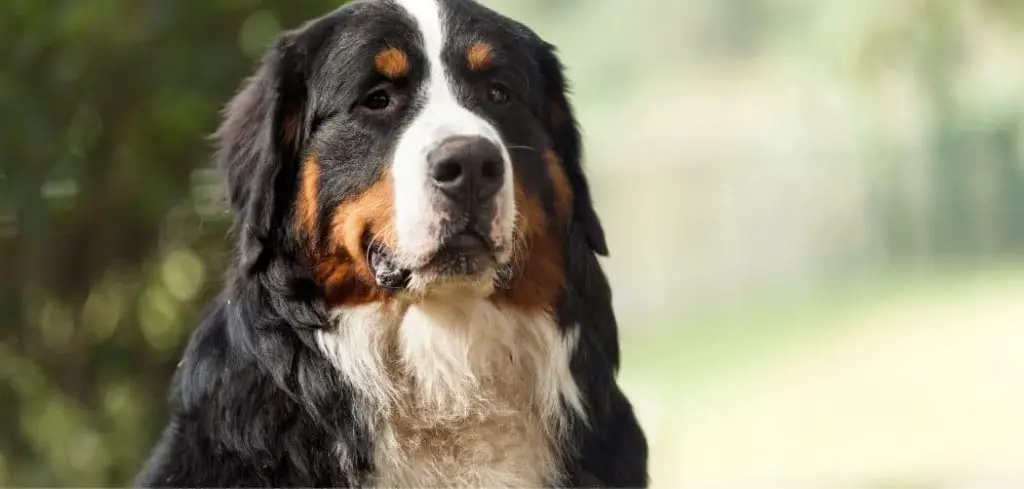It can be alarming to see your dog panting heavily and frequently licking their bottom.
These two symptoms together can indicate discomfort or even an underlying medical condition that requires prompt attention.
We outline the common reasons why your dog is panting and licking their bottom, what you can do at home, and when to seek veterinary help.
Table of Contents
Dog Panting and Licking Bottom — Why It Happens
A dog panting and licking their bottom is often a sign of irritation, pain, or stress in your dog. This combination may stem from anal gland problems, infections, skin irritation, allergies, or even gastrointestinal distress.
In some cases, discomfort can cause anxiety, which in turn leads to increased panting. Heat, pain, and internal inflammation can also cause your dog to pant more than usual.

Dog Panting and Licking Bottom: Common Causes
Anal Gland Problems
Your dog’s anal glands can become impacted, infected, or abscessed, leading to intense discomfort around the rear end.
This often makes dogs lick or chew at the area and sometimes drag their bottoms on the floor.
When anal glands are painful, the stress and discomfort can trigger panting.
You might also notice a strong fishy odor, swelling, or yelping when your dog sits down.
Read more: Dog panting and licking (Here’s why)
Skin Infections or Irritation
Bacterial or yeast infections around the anus can cause severe itchiness and pain. Moist dermatitis or skin fold infections in the area are particularly uncomfortable.
Panting can occur because the irritation causes stress or discomfort, especially in warm conditions or if the infection spreads. Redness, hair loss, and an unpleasant odor are common signs.
Allergies
Food allergies or environmental triggers can cause inflammation and itchiness around the anus.
Dogs may lick to relieve the irritation, and allergic reactions can also lead to skin redness, hives, or ear issues.
Panting may be related to discomfort or systemic inflammation from an allergic flare-up. Seasonal allergies often worsen in warmer months.
Parasites
Fleas, ticks, and intestinal worms can cause your dog to lick their bottom excessively. Worm infestations, especially tapeworms, may cause irritation around the anus due to passing egg segments.
Panting may occur if the parasite load is heavy enough to cause general discomfort, anemia, or restlessness. You might notice visible worms, scooting, or weight loss.
Gastrointestinal Upset
Diarrhea, constipation, or other digestive issues can irritate the anal area, prompting licking. Straining during bowel movements can cause swelling or pain that leads to panting.
Dogs with digestive discomfort may also be restless, have changes in appetite, or produce abnormal stools.
Pain or Anxiety
Pain from other health problems—such as arthritis, back issues, or internal injuries—can make a dog pant excessively. If they happen to have irritation in the anal area at the same time, licking will also be present.
Anxiety alone can lead to panting, and licking can be a self-soothing behavior in stressed dogs.
What to Do If Your Dog Is Panting and Licking Bottom
First, keep your dog calm and prevent them from further irritating the area. Try using an Elizabethan collar if necessary to stop licking while you assess the situation.
Check the area for swelling, redness, discharge, or visible parasites. If you suspect worms, a stool sample may help your vet diagnose the problem.
Maintain good hygiene by gently cleaning the area with warm water and a pet-safe cleanser. Avoid harsh soaps or wipes with alcohol.
Make sure your dog stays cool and hydrated, especially if panting is frequent. Limit exercise until you identify the cause.
A high-fiber diet can help with anal gland health and reduce irritation caused by constipation.
When to Call or Visit Your Vet
Seek immediate veterinary care if your dog’s panting is severe, constant, or accompanied by weakness, collapse, or pale gums.
Prompt attention is also needed if you notice swelling, bleeding, pus, or a foul odor from the rear end.
If your dog is scooting excessively, has visible worms, or shows signs of severe discomfort, a vet visit is warranted.
Any sudden behavioral changes, loss of appetite, or vomiting along with these symptoms should not be ignored.
Read more: Dog panting excessively (Here’s why)
Key Takeaway
Panting and licking the bottom in dogs can signal anything from mild irritation to serious infection or systemic illness. By observing your dog closely, keeping the area clean, and seeking timely veterinary advice, you can help ensure their comfort and health.
If in doubt, it’s always safest to have your dog checked by a professional to rule out serious conditions and get the right treatment.
